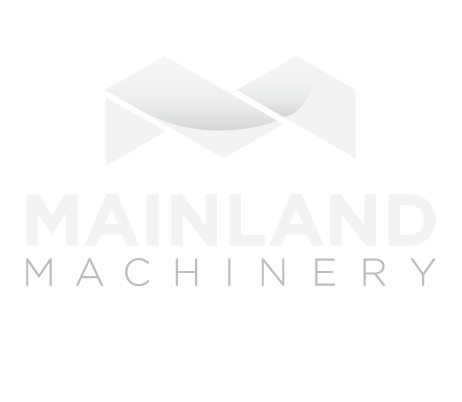Tips for Scoring an Entry-Level, Oil Industry Job
 Tips for Scoring an Entry-Level, Oil Industry Job
Tips for Scoring an Entry-Level, Oil Industry Job
Before you consider searching for an entry-level, oil rig job, you need to be aware of three vital requirements. You’re going to need a clean driving record, you’ll have to be drug free, and you’ll need to pass a company physical. If you meet these first level criteria, you’re on the right track to pursuing what could become a very lucrative career.
How can you get from the desire of wanting an oil industry job to actually landing a job? Consider these factors:
No Higher Education Required
Working on an oil rig is physically challenging, but you certainly don’t need a college degree to succeed in this type of work. This is a fact that the energy companies looking for workers understand. Often, these companies don’t even have to advertise for job openings as they have a steady stream of willing applicants; which is why they often hire locally. You could submit your resume at any time. Take any help you can get, if you have a friend already working on a rig, ask them for a recommendation; this could further your chances over that of your competition.
Get a Certification
Although you don’t need a college degree, obtaining certification in certain heavy machinery operations is a good way to prepare yourself for an entry-level position. For instance, you can become certified in the proper way to deliver pipes and pumps and how to run a vac or pressure truck.
Third-Party Employment Agencies
Most of the entry-level jobs on oil rigs are filled by third-party staffing agencies. In other words, you don’t need to visit Shell Oil to get a gig. The big companies aren’t going to bother themselves with hiring the support staff.
Go Where the Jobs Are
As an electrician or plumber, you can pretty much work anywhere. However, when it comes to working on an oil rig, you’ll most likely need to relocate to where the work is happening, even if this is temporary. A little online research can point you in the right direction of the oil rig “hot spots.” Essentially, you need to decide where you want to work. Alberta? Newfoundland? The Gulf of Mexico?
Search the Industry Job Sites
You can start your search at the following online classified job sites:
- OilandGasJobSearch.com
- OilCareers.com
- Rigzone.com
- CareersinOilandGas.com
Before you pack your bags, searching sites like these can help you narrow down potential cities with available work. You might want to consider an exploratory trip to the work area to make sure it’s a good fit for you. If you apply for a job while visiting, you should be prepared to start right away. Asking for a couple of weeks to “get your stuff together” won’t fly with your potential employer.
Once you’ve landed on a specific city, start searching the area’s local newspapers and enquiring at nearby temp agencies in order to find location specific job opportunities. If you’re lucky, narrowing in on these postings may even present you with an opportunity for the specific site you are hoping to get work at.
Try to find the human resources representative for each company where you’re applying for work. Don’t just send in your resume without a follow up.
If all goes according to plan, your entry-level job won’t be entry-level for very long. You’ll find that most competent workers are promoted within the company. The best way to get promoted is through doing good work and professional networking with your colleagues, peers and managers.
Good luck.

